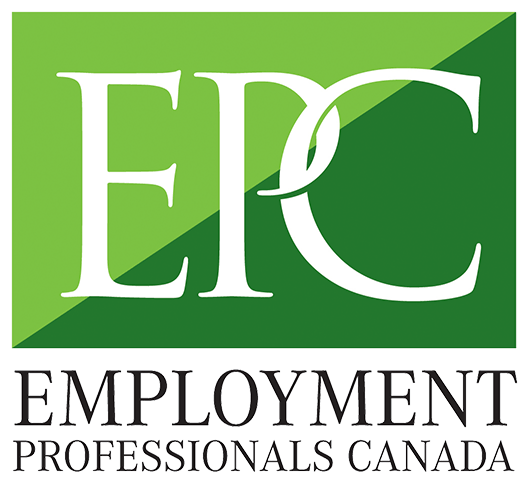“Work has changed, and the laws protecting workers must change. Jobs and the labour market in Ontario look very different than in previous decades, but our current labour law does not reflect those changes.”
With these words, Unifor Ontario Regional Director Katha Fortier sums up the reasons behind the Ministry of Labour’s decision to launch public consultations on the changing nature of the modern workplace. Coming up this spring, these consults will focus on how the 1995 Labour Relations Act and 2000 Employment Standards Act could be amended to better protect Canadian workers while continuing to support businesses.
Examining Workplace Trends
Two special advisors – C. Michael Mitchell, formerly of Sack, Goldblatt, Mitchell LLP and The Hon. John C. Murray, former Ontario Superior Court justice and prominent labour lawyer – have been appointed to lead the initiative and provide recommendations. Workplace trends to be examined include:
- The continuing increase in non-standard working relationships including temporary jobs, part-time work and self-employment. Non-standard employment has grown almost twice as quickly as standard employment since 1997.
- The rising prominence of the service sector in Ontario. Private sector services account for more than 50 percent of Ontario employment.
- Globalization and trade liberalization.
- Greater workplace diversity.
Striking the Right Balance
The public consultations fulfill a commitment made during the 2014 Throne Speech. As noted by Minister of Labour Kevin Flynn, “Our government agrees with business and workers who want our laws to recognize the realities of the modern economy. The special advisors will engage with Ontarians so we can ensure our workplace laws strike the right balance in the new world of work.”
Mitchell and Murray will focus their efforts on:
- Coordinating and leading public consultations on the changing workplace.
- Providing guidance on the public engagement process and soliciting input. They will participate in regional discussions, hold targeted stakeholder meetings and solicit written input.
- Examine relevant academic and inter-jurisdictional research.
To stay current with this and other developments that may impact your business or industry, bookmark the Employment Professionals Canada website in your list of favorites. Contact us today, whether you’re an employer looking to build a leading recruitment and HR program or a job seeker interested in the latest openings in your field. We have the proven track record and expertise you need.

